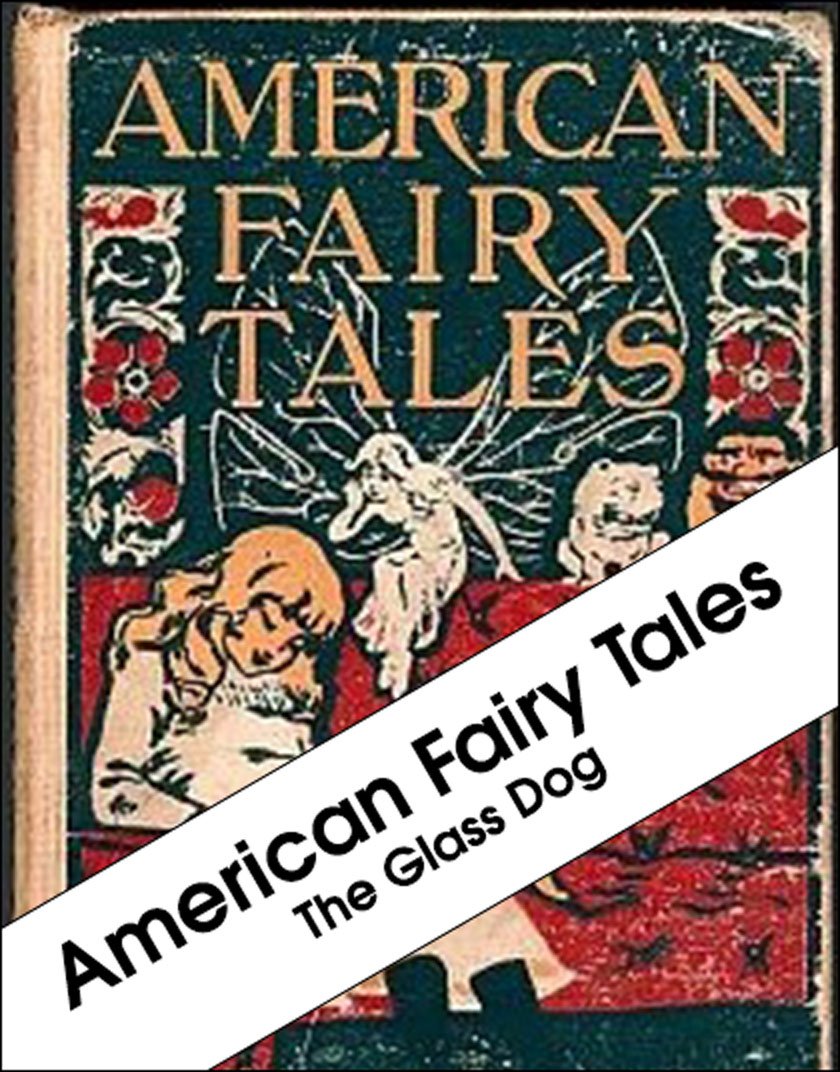Ep. 1014 - American Fairy Tales - The Queen of Quok
A king once died, as kings are apt to do, being as liable to shortness of breath as other mortals.
It was high time this king abandoned his earth life, for he had lived in a sadly extravagant manner, and his subjects could spare him without the slightest inconvenience.
His father had left him a full treasury, both money and jewels being in abundance. But the foolish king just deceased had squandered every penny in riotous living. He had then taxed his subjects until most of them became paupers, and this money vanished in more riotous living. Next he sold all the grand old furniture in the palace; all the silver and gold plate and bric-a-brac; all the rich carpets and furnishings and even his own kingly wardrobe, reserving only a soiled and moth-eaten ermine robe to fold over his threadbare raiment. And he spent the money in further riotous living.
Don’t ask me to explain what riotous living is. I only know, from hearsay, that it is an excellent way to get rid of money. And so this spendthrift king found it.
He now picked all the magnificent jewels from this kingly crown and from the round ball on the top of his scepter, and sold them and spent the money. Riotous living, of course. But at last he was at the end of his resources. He couldn’t sell the crown itself, because no one but the king had the right to wear it. Neither could he sell the royal palace, because only the king had the right to live there.
So, finally, he found himself reduced to a bare palace, containing only a big mahogany bedstead that he slept in, a small stool on which he sat to pull off his shoes and the moth-eaten ermine robe.
In this straight he was reduced to the necessity of borrowing an occasional dime from his chief counselor, with which to buy a ham sandwich. And the chief counselor hadn’t many dimes. One who counseled his king so foolishly was likely to ruin his own prospects as well.
So the king, having nothing more to live for, died suddenly and left a ten-year-old son to inherit the dismantled kingdom, the moth-eaten robe and the jewel-stripped crown.
No one envied the child, who had scarcely been thought of until he became king himself. Then he was recognized as a personage of some importance, and the politicians and hangers-on, headed by the chief counselor of the kingdom, held a meeting to determine what could be done for him.
These folk had helped the old king to live riotously while his money lasted, and now they were poor and too proud to work. So they tried to think of a plan that would bring more money into the little king’s treasury, where it would be handy for them to help themselves.
After the meeting was over the chief counselor came to the young king, who was playing peg-top in the courtyard, and said:
“Your majesty, we have thought of a way to restore your kingdom to its former power and magnificence.”
“All right,” replied his majesty, carelessly. “How will you do it?”
“By marrying you to a lady of great wealth,” replied the counselor…





